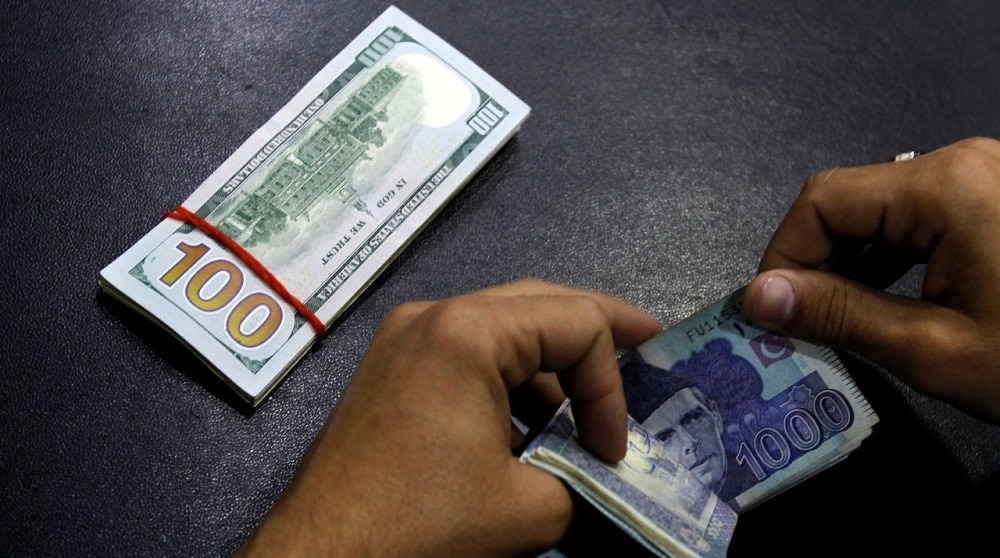PTBP Web Desk
ٖٖFormer Caretaker Federal Minister for Commerce, Dr. Gohar Ejaz, has suggested a significant overhaul in how the government approaches its tax collection targets.
In a recent statement shared on the social media platform X, Dr. Ejaz emphasized the need for the government to tax the “abnormal profits of sacred cows” in certain sectors rather than imposing further financial burdens on the average citizen, who is already grappling with the effects of a 60% inflation rate over the past two and a half years.
Magnitude of Shortfall: The Federal Board of Revenue (FBR) reported a tax collection shortfall of over Rs180 billion in the first four months of the fiscal year 2024-25. This gap has put pressure on the government to find ways to boost revenue without exacerbating the economic strain on the populace.
Ejaz’s Proposal: Dr. Ejaz, who also chairs the FPCCI Pakistan Economic Revival and Growth Think Tank, proposed that the shortfall should not lead to increased taxation for common people. Instead, he advocated for reforms in the taxation system aimed at sectors where “abnormal profits” are being made due to policy loopholes or lack of regulation.
Electricity Rates: He called for a broad-based reduction in electricity tariffs, not just on incremental usage. Ejaz suggested an Rs12 per unit cut across all consumer types—residential, commercial, industrial, and agricultural. This approach, he argued, would provide immediate relief to all sectors of the economy, potentially stimulating activity.
Capacity Payment Agreements: To make such a reduction feasible, he recommended finalizing capacity payment agreements on a “take-and-pay” basis by the end of 2024. This would shift the financial burden of unused power capacity back to the producers, thereby reducing costs for the consumers.
IMF Delegation Visit: His comments come at a time when an International Monetary Fund (IMF) team is in Pakistan, discussing economic policies, fiscal management, and the progress of the Extended Fund Facility (EFF) programme. The discussions are pivotal as they could influence Pakistan’s economic strategies moving forward.
Fiscal Measures Under Scrutiny: The agenda reportedly includes strategies for expenditure reduction and tax collection enhancement. The government’s dialogue with the IMF is crucial for securing or adjusting financial support, which could impact how domestic fiscal policies are shaped.
Recent Collection Figures: The FBR managed to collect Rs877 billion in October 2024, missing its target by Rs103 billion. For the first four months, the total collection was Rs3,440 billion against a target of Rs3,636 billion, indicating a shortfall of Rs196 billion.
Contingency Revenue Measures: In discussions with the IMF, the FBR has reportedly dismissed the need for immediate additional taxation, focusing instead on potentially adjusting the sales tax on petroleum products to a lower rate of 5-7% as a measure to bridge the revenue gap.
Policy Shift: If adopted, Ejaz’s suggestions could signify a policy shift towards more equitable taxation and economic relief strategies.
Political and Economic Impact: This approach might resonate with public sentiment, particularly if it results in noticeable relief from the current economic pressures. However, it also requires significant political will to challenge entrenched interests.
Economic Stimulation: Reducing the cost of electricity for all could stimulate industrial activity, reduce costs for commercial entities, and help in agricultural productivity, potentially leading to broader economic growth.




